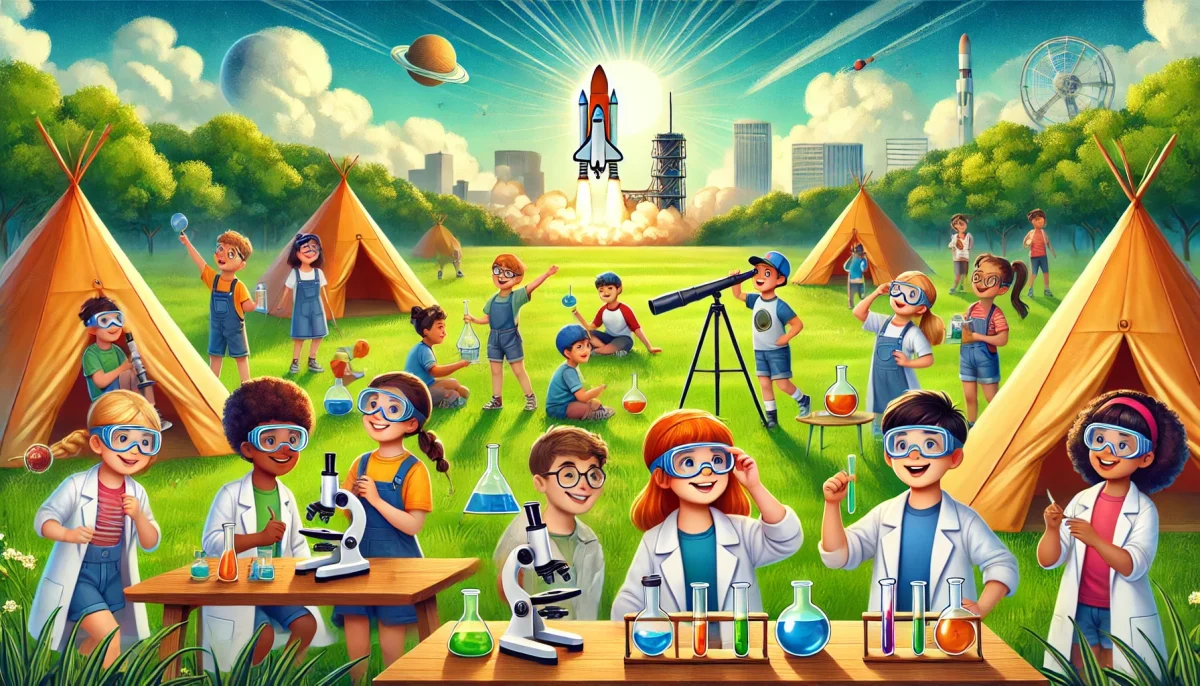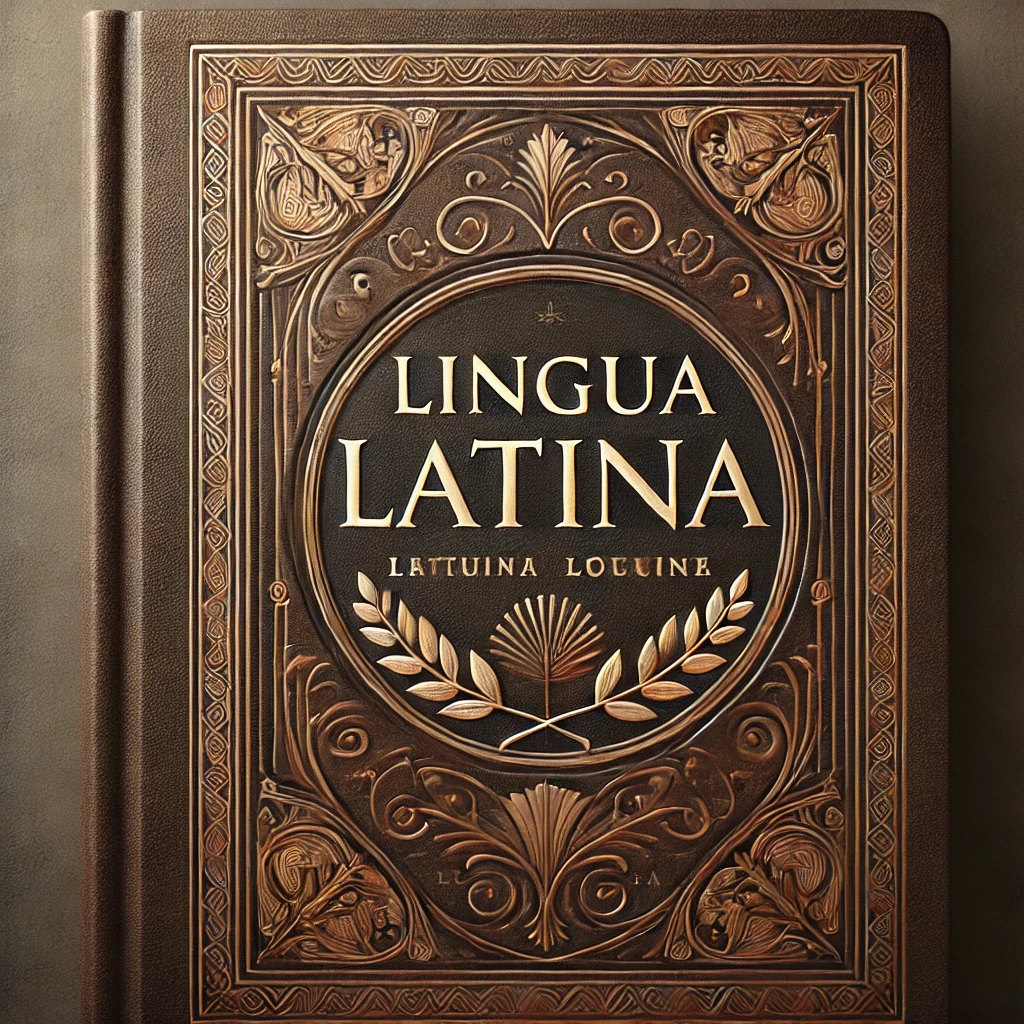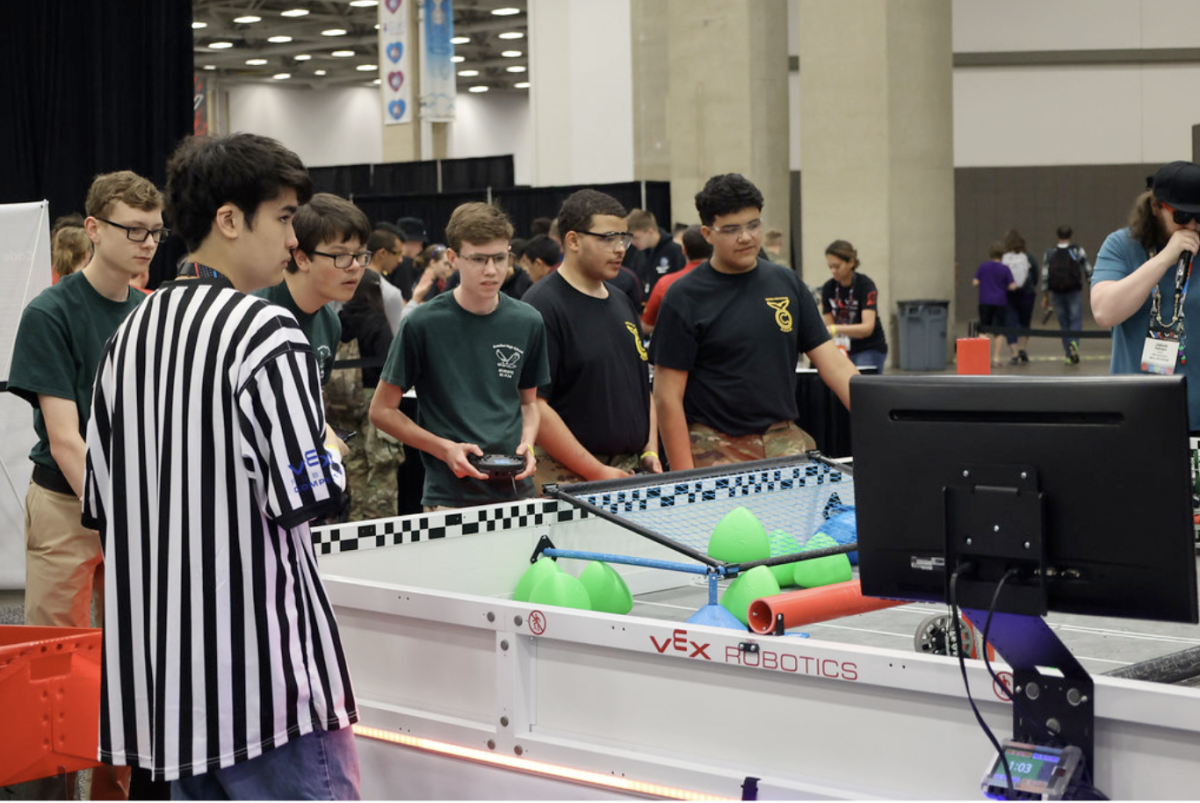You may have heard of Google’s newest AI model: Gemini. This model was launched on December 6, 2023 and caused much excitement. Gemini is Google’s latest attempt to connect their known search engine to an AI-powered search engine similar to ChatGPT.
Google claims that Gemini is their “largest and most capable AI model”, but what are they comparing it to? Google has a history of advancements in AI tracing back to 2001, when they developed the autocorrect function that fixes the jumble of letters typed into the Google search bar. Another well-known development was in 2006, when the company released Google translate, a text-based AI translation model. In 2015, Google released TensorFlow, a tool used in many AI models that became incredibly popular within the AI community. There were a few more minor advancements throughout the years until 2023; Google released Bard. Bard’s platform was similar to that of ChatGPT’s original model, in that it operated on text as a conversational chatbot. It is lesser-known to most of us, because it is only available to users who are at least 18 years old. Contrary to ChatGPT, Bard did not gain as much popularity because many users found its conversations to be rather dry.
However, Gemini seamlessly combines elements of images, audio, text, and more to create a more developed user experience than Bard. It has three models– Gemini Ultra (the main one), Gemini Pro (requires less memory than Ultra), and Gemini Nano (the smaller model that runs on mobile devices)– available to the public. As TechCrunch author Wiggers describes it, “They [Gemini models] can in theory perform a range of tasks, from transcribing speech to captioning images and videos to generating artwork.” Although the current product can’t perform all these tasks, Google claims that it will soon. Here is a demo by Google showcasing Gemini’s capabilities.
This demo, however, has caused a great deal of controversy, as it turns out that this video was partially faked and doesn’t accurately represent Gemini’s abilities. In the video, Gemini seems to be responding to the prompts quickly, yet in real time, it does not reproduce the same results when tested. The principal issue is that Google falsely claimed that the showcase was meant to represent a user’s actual experience when that is actually clearly not the case. This has caused a break in trust between Google and its users.
So does Gemini live up to its claims? The answer is not yet, and we don’t know how long it will be until Google makes them happen, or if it ever will. But if Google stays true to their word, Gemini will be one of the best AI models out there intended for search, generation, and even just for having fun with the model. Here’s to hoping that Gemini can become like the actual demo in the near future.
Sources:
“Google Gemini: Everything you need to know about the new generative AI platform.” TechCrunch, 7 January 2024, https://techcrunch.com/2024/01/07/what-is-google-gemini-ai/. Accessed 11 January 2024.
Hespell, Rachel. “A timeline of Google’s biggest AI and ML moments.” The Keyword, 26 September 2023, https://blog.google/technology/ai/google-ai-ml-timeline/. Accessed 11 January 2024.
“Introducing Gemini: Google’s most capable AI model yet.” The Keyword, 6 December 2023, https://blog.google/technology/ai/google-gemini-ai/#sundar-note. Accessed 11 January 2024.
McSwine, Damien. “.,.” ., – YouTube, 7 November 2023, https://spectrum.ieee.org/google-gemini. Accessed 11 January 2024.














![Teacher [Milk] Tea: Part 2](https://bisvquill.com/wp-content/uploads/2024/03/Screen-Shot-2024-03-19-at-9.28.48-PM.png)
![Teacher [Milk] Tea: Part 1](https://bisvquill.com/wp-content/uploads/2024/03/milk-tea.png)


































